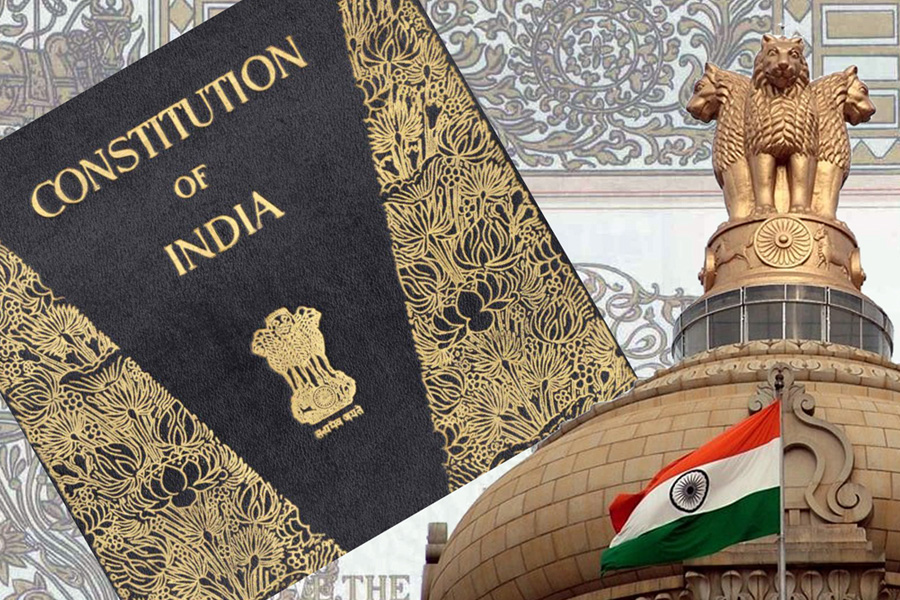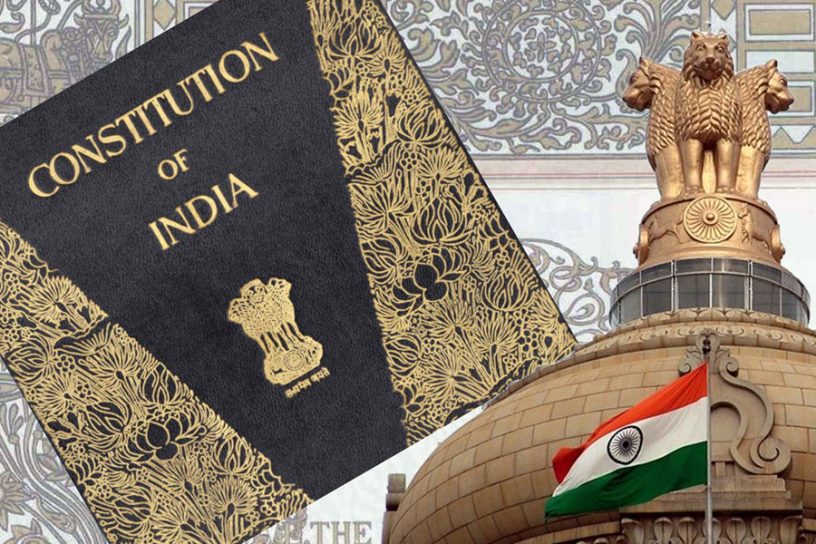
The epistemic forms through which control is exercised over Indian religious practices operate to misunderstand, distort and flatten out local conceptions of religion, spirituality and ethical striving.
Author
Mathew John, Professor, Jindal Global Law School, O.P. Jindal Global University, Sonipat, Haryana, India.
Summary
Modern constitutional power is organized to secure ever-expanding state control over vast swathes of social and cultural life. Though religion is classically thought to be a domain of human experience that is to be left independent of state power, it is in fact deeply structured by contemporary government. Against this background, this paper examines the manner in which the Indian constitutional state exercises its power over religion and religious practices.
It does so by arguing that the epistemic forms through which control is exercised over Indian religious practices operate to misunderstand, distort and flatten out local conceptions of religion, spirituality and ethical striving. That is, by following classic decisions on the bounds of religious freedom as decided by the Indian Supreme Court, it is argued that religion understood primarily as traditions of continued inter-generational practice are transformed in judicial description as practices founded in an imagined doctrinal foundation.
This judicial transformation of religion is presented as being counter-intuitive to the nature of religious experience of almost all religious traditions in the Indian sub-continent. And in turn, this is presented as a challenge to secure the allegiance and consent of the Indian people to the ever-widening reach of state power over religion in contemporary India.
Published in: South Asian History and Culture
To read the full article, please click here.


